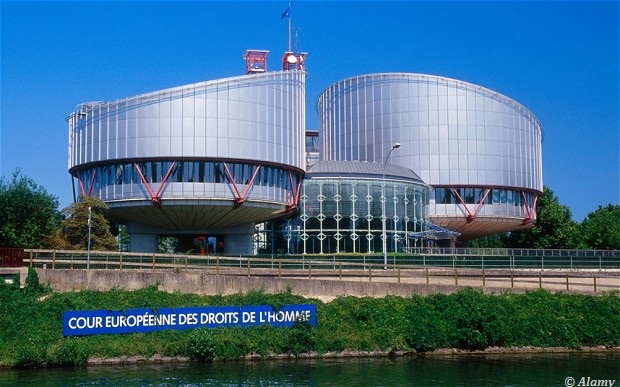On 29 March 2022, the ECtHR gave its decision in the case of M.A. and others v. Latvia. The case concerned a Chechen family who travelled through Belarus to Latvia. On arrival to the Latvian border, they were issued with decisions refusing their entry on the grounds that they did not have valid visas or residence permits and were returned to Belarus. The applicants were subsequently returned from Belarus to Russia where the first applicant was detained and exposed to ill-treatment until the family was eventually admitted to Poland. More details are provided in M.K. and others v. Poland and M.A. and others v. Lithuania. The applicants complained that they were returned to Belarus without their asylum claims reviewed or the fears of ill-treatment in Russia and Belarus being considered by the Latvian authorities. They complained under Articles 3, 13 and 4 Protocol 4 of the Convention.
In relation to the complaints under Article 3 and 13, the Court noted that the major factual disagreement between the parties was whether the applicants had asked the Latvian authorities for asylum. The Court referred to the burden of proof principle and determined that it was for the applicants to present evidence that they asked the Latvian authorities for asylum and invoked before them the existence of a risk of ill-treatment in the case of their return to Belarus. It continued that the applicants did not submit any evidence of having applied to the Latvian authorities for asylum. Furthermore, the Court noted that the applicants received assistance from a non-governmental organisation in Belarus and were represented by a human-rights defender before the Court and did not explain any insurmountable practical difficulties encountered to obtain or submit documentary evidence. The Court moreover, found relevant that although UNHCR expressed concerns about the identification of asylum seekers on the Latvian border, the concerns related to a period more than two years prior to the events under consideration. The Court ultimately considered that the level of persuasion necessary for reaching a conclusion is linked to the specificity of the facts and taking into account i) the applicant’s previous attempts to be admitted to the asylum procedure in Poland and Lithuania, and their capacity to submit documentary evidence in relation to those border-crossing attempts, ii) their failure to convincingly explain why they were not able to submit documentary evidence in the present case, and iii) the lack of international material corroborating their claims on admission to the border, the applicants had not provided prima facie evidence of having applied to the Latvian authorities for asylum. It therefore rejected the complaints under Articles 3 and 13 as manifestly ill-founded.
Regarding the complaints under Article 4 Protocol 4, the Court considered that as the applicants remained at the border crossing point for several hours there was sufficient opportunity to submit their arguments to the national authorities on an individual basis and there were no communication barriers as all discussions between the applicants and guards were held in Russian. Furthermore, the Court accepted that the standardised nature of refusing the applicant’s entry could be explained by their lack of valid visas or residence permits and they had a possibility of expressing their disagreement when asked to sign the decisions refusing entry which they did not do, or raise arguments relating to their fear of ill-treatment upon return. The Court thereby concluded that the simultaneous removal of all the applicants does not lead to the conclusion that their expulsion was “collective” within the meaning of Article 4 Protocol 4 and this part of the application is also to be determined manifestly ill-founded. The application as a whole was therefore found inadmissible.

